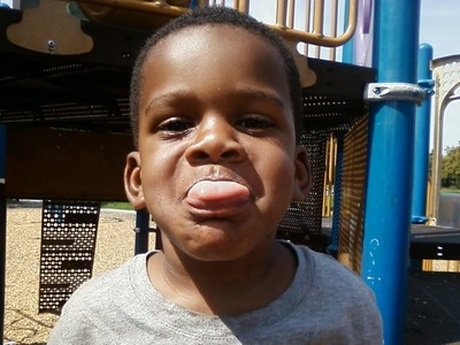Play Therapy and Child Counseling
When Does A Child Need Therapy?Therapy can be beneficial to children who are dealing with death, abandonment, or abuse. Children who are experiencing difficulty adjusting to moving, starting school or divorce can find emotional support in therapy.
All children, from time to time, exhibit what adults may call “abnormal behavior.” When a child exhibits the same abnormal behaviors over a long period of time or when a child exhibits several abnormal behaviors at once, it’s wise to seek help. The first step would be to have the child evaluated for a physical cause to the abnormal behavior. If there’s no indication of a physical cause or if medical treatment does not eliminate the abnormal behaviors, therapy should be the next step.
Child Therapy Session I
This covers an intensive is a 50 minute play therapy session with a Licensed and Trained Professional. All Fee's must be paid before services are rendered. Sliding scales are offered to those who qualify.
$
120.00
Child Therapy Session II
This covers an intensive is a 100 minute (almost 2 hours) play therapy session with a Licensed and Trained Professional. All Fee's must be paid before services are rendered. Sliding scales are offered to those who qualify.
$
160.00
Child Therapy Session III
This covers an intensive is a 150 minute play therapy session with a Licensed and Trained Professional. All Fee's must be paid before services are rendered. Sliding scales are offered to those who qualify.
$
200.00
|
What is Play Therapy?Play is the language of children and play therapy is a treatment approach that uses a child’s natural tendency to “play out” their reactions to life situations. Toys in a play therapy room include games, puppets, art supplies, and sand trays. All toys are carefully selected to facilitate creative and emotional expression from
children. Play therapy teaches children how to identify and recognize their feelings. It improves their self-concept, reduces anxiety and initiates behavioral changes. By making appropriate choices in the play room children find solutions to problems and learn self control which leads to taking responsibility for their actions. The role of the play therapist is to provide an environment where a child feels safe to play out his or her concerns. As a result, the therapist can assess the child’s play and make recommendations to parents concerning plans for resolving problems. What is the Family's Role in the Play Therapy Process?Effective work with a child depends on parental support and participation. Sessions for parents only will be held periodically to update you on your child’s play therapy progress.
I will share with you the general themes your child is expressing in play therapy and offer suggestions for how you can support and encourage your child at home. You will have an opportunity to provide me with information about significant changes in your child's behavior as well as to update me on important events that have occurred between play therapy sessions using a PARENT REPORT FORM. |


